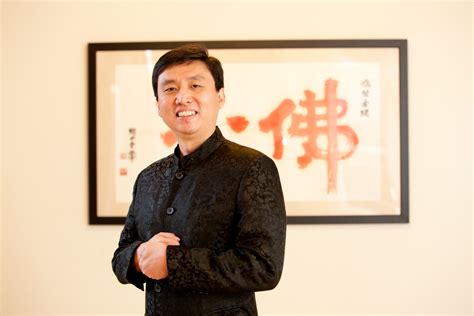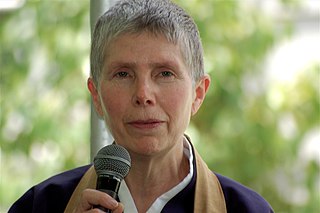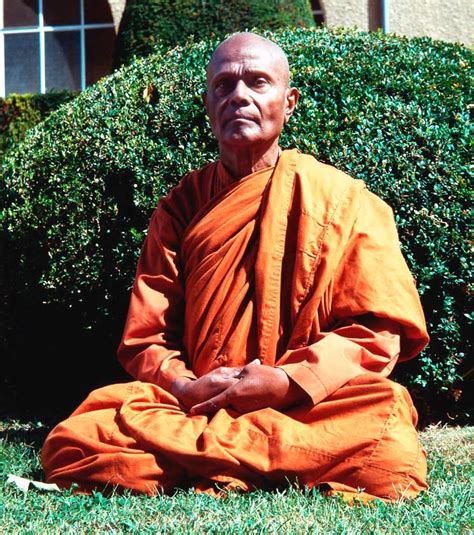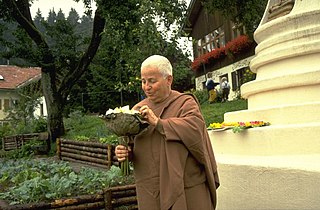A Quote by Chade-Meng Tan
And one of the powers of mindfulness is the ability to get to that frame of mind on demand.
Quote Topics
Related Quotes
In Asian languages, the word for mind and the word for heart are same. So if you’re not hearing mindfulness in some deep way as heartfulness, you’re not really understanding it. Compassion and kindness towards oneself are intrinsically woven into it. You could think of mindfulness as wise and affectionate attention.
In Asian languages, the word for 'mind' and the word for 'heart' are same. So if you're not hearing mindfulness in some deep way as heartfulness, you're not really understanding it. Compassion and kindness towards oneself are intrinsically woven into it. You could think of mindfulness as wise and affectionate attention.
I think that metaphor really is a key to explaining thought and language. The human mind comes equipped with an ability to penetrate the cladding of sensory appearance and discern the abstract construction underneath - not always on demand, and not infallibly, but often enough and insightfully enough to shape the human condition. Our powers of analogy allow us to apply ancient neural structures to newfound subject matter, to discover hidden laws and systems in nature, and not least, to amplify the expressive power of language itself.
We do not have to wait for future discoveries in connection with the powers of the human mind for evidence that the mind is the greatest force known to mankind. We know, now, that any idea, aim or purpose that is fixed in the mind and held there with a will to achieve or attain its physical or material equivalent, puts into motion powers that cannot be conquered.
You are a Buddha, and so is everyone else. I didn't make that up. It was the Buddha himself who said so. He said that all beings had the potential to become awakened. To practice walking meditation is to practice living in mindfulness. Mindfulness and enlightenment are one. Enlightenment leads to mindfulness and mindfulness leads to enlightenment.
The Buhha was a monastic, but the practice of mindfulness in the context of any lifestyle is one of renunciation. Every moment of mindfulness renounces the reflexive, self-protecting response of the mind in favor of clear and balanced understanding. In the light of the wisdom that comes from balanced undertanding, attachment to having things be other than what they ar falls away.
Mindfulness is not just a word or a
discourse by the Buddha, but a
meaningful state of mind. It means
we have to be here now, in this very
moment, and we have to know what
is happening internally and
externally. It means being alert to
our motives and learning to change
unwholesome thoughts and
emotions into wholesome ones
Mindfulness is a mental activity that
in due course eliminates all
suffering.
































